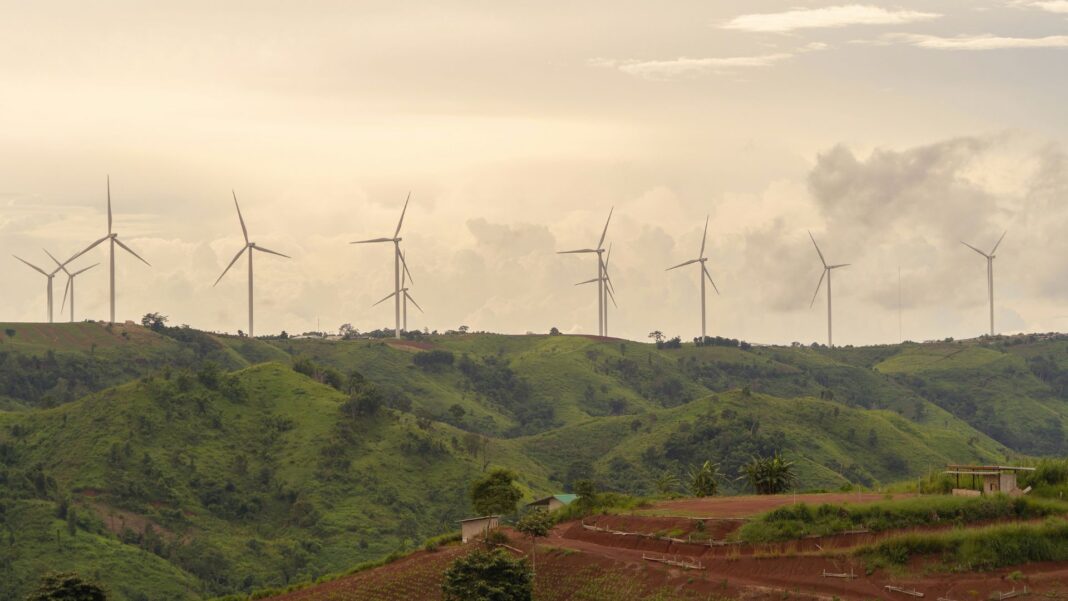The Philippines is emerging as one of the strongest renewable-energy performers in Southeast Asia, even as overall project finance in the region declines. According to the ASEAN Investment Report 2025: Foreign Direct Investment and Supply Chain Development, total project-finance value across ASEAN dropped by almost half in 2024 to seventy-one billion United States dollars. Despite this contraction, the Philippines managed to record thirteen megadeals worth more than five hundred million dollars each, the highest number among member states.
Nine of these projects were in renewable energy, primarily solar and battery storage. Among the most notable transactions was the six-hundred-million-dollar acquisition by Actis, a United Kingdom-based private-equity firm, of forty percent of Terra Solar Philippines. The report described this as one of the largest solar transactions in ASEAN and a signal that investors consider Philippine energy policy credible and bankable.
Experts interviewed for the report observed that the Philippine renewable-energy market benefits from a strong pipeline of solar projects and rising demand for power reliability. At the same time, new green-energy service contracts have been approved to attract more private capital.
The ASEAN Secretariat noted that the Philippines now leads the region in renewable-energy project count. However, it also warned that challenges such as limited transmission infrastructure and lengthy permitting processes must still be addressed to sustain the momentum. The country’s clean-energy surge reflects growing confidence that it can become a regional leader in sustainable power generation if reforms continue.


